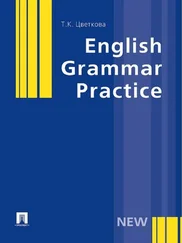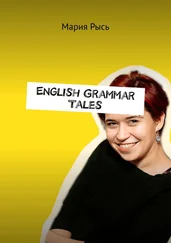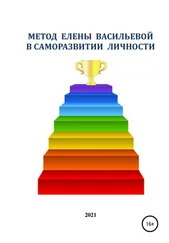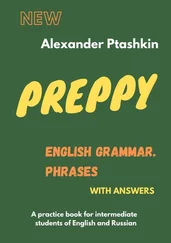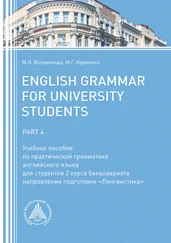– agrees with a plural verb
Which project is better? Both are good.
– Use ofbetween bothand another determiner.
Both of these restaurants are expensive.
Olivia knows both of his brothers.
– Use both ofwith a personal object pronoun (him, her, them, etc); use bothafter a personal subject pronoun (he, she, they).
Both of them (They both) are suitable.
It's a game that both of us (we both) can play.
RULE 26. Many/Much, Few/Little, Enough
many/much
– manywith countable nouns; muchwith uncountable nouns
– refer to indefinitely large number of things or persons
Are there many books on the desk?
Will it take much time to get to the centre?
– mostly used in negative sentences and questions
How many friends have you got?
There isn't much sense in it.
– If many/much are determined by as, so, too, very,use them in affirmative sentences as well.
There were too many variants to choose.
They have changed so much this year.
– If many/much are the subject or the subject attribute, then they can be used in affirmative sentences too.
Much of the work has already been completed.
Many students attend extra classes.
Note
Words a lot (of), lots (of), a plenty (of)are commonly used in affirmative sentences.
We have a lot to discuss.
There are lots of easy ways to follow.
They still have plenty of snow.
few, little
– fewwith countables; littlewith uncountables
– refer to indefinitely small number off things or persons; the implied meaning is "not enough"
Nick is sad because he has few friends here.
There was little flour, so I couldn't bake a cake.
– The indefinite article a/anwith the pronouns few/littlechanges the implied meaning for positive "enough".
John has a few friends there.
There was a little flour, so I could bake a cake.
– It is preferable to use anyin negative sentences and questions.
Does John have any friends there?
Andy doesn't have any friends there.
Is there any flour at home?
There is no flour at all.
enough
– with both countable and uncountable nouns
– refers to indefinite but sufficient number of something
You have enough time to write an article.
Andrew told them enough.
RULE 27. One/Ones
one
– refers to an undetermined person in general
One cannot learn a language in three months.
One should pay taxes.
Note
In the informal language undetermined persons can be as well expressed by the pronouns youor they.
You must always try to do your best.
They say the weather is changing.
Note
The pronoun one can be used in the possessive form (one's) or in its reflexive form (oneself).
One must learn from one's mistakes.
One should be careful not to hurt oneself.
– agrees with a singular verb
One never knows what may happen.
More than one variant is appropriate.
– substitutes the noun to avoid repetition; often used in Which-questions
See those two handsome men? Andrew is the taller one.
Which dress has Olivia chosen? The red one.
Note
the plural form of the pronoun is also possible.
Andrew bought three apples: a red one and two yellow ones.
Your problems are the ones that understood by many parents.
RULE 28. Other, Others, Another, the Other, the Others
other
– with countables and uncountables
– The implied meaning "different" is used for indefinite number of things or persons.
Can you bring other shoes, I don't like these ones.
I can't meet you today. Let's do it some other time.
Let's watch other movie, I'm scared.
others
– substitutes a plural noun
Others may know us better than we know ourselves.
Some tourists stay on the beach, others explore the town.
another
– only with singular countable nouns
– The implied meaning is "additional, one more".
Please give me another chance.
The example is not clear? Would you like another?
the other
– with countable plural or singular nouns
– The implied meaning "remaining, the rest" is for definite number of things or persons.
There are two pens on the desk – one is blue, the other is red.
You may take one or the other. You cannot take both.
the others
– substitutes plural nouns
There were three keys in the drawer. One is here, where are the others?
Don't forget the others.
RULE 29. Reciprocal Pronouns
Reciprocal Pronouns
Конец ознакомительного фрагмента.
Текст предоставлен ООО «ЛитРес».
Прочитайте эту книгу целиком, на ЛитРес.
Безопасно оплатить книгу можно банковской картой Visa, MasterCard, Maestro, со счета мобильного телефона, с платежного терминала, в салоне МТС или Связной, через PayPal, WebMoney, Яндекс.Деньги, QIWI Кошелек, бонусными картами или другим удобным Вам способом.



